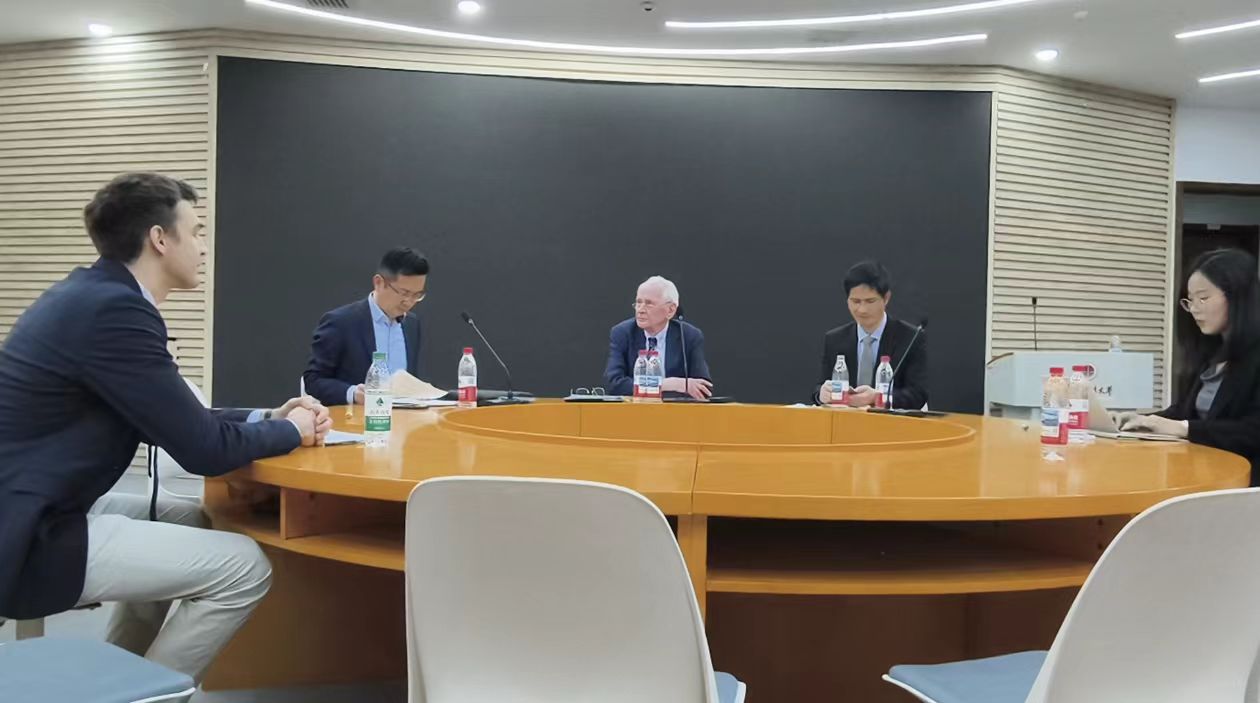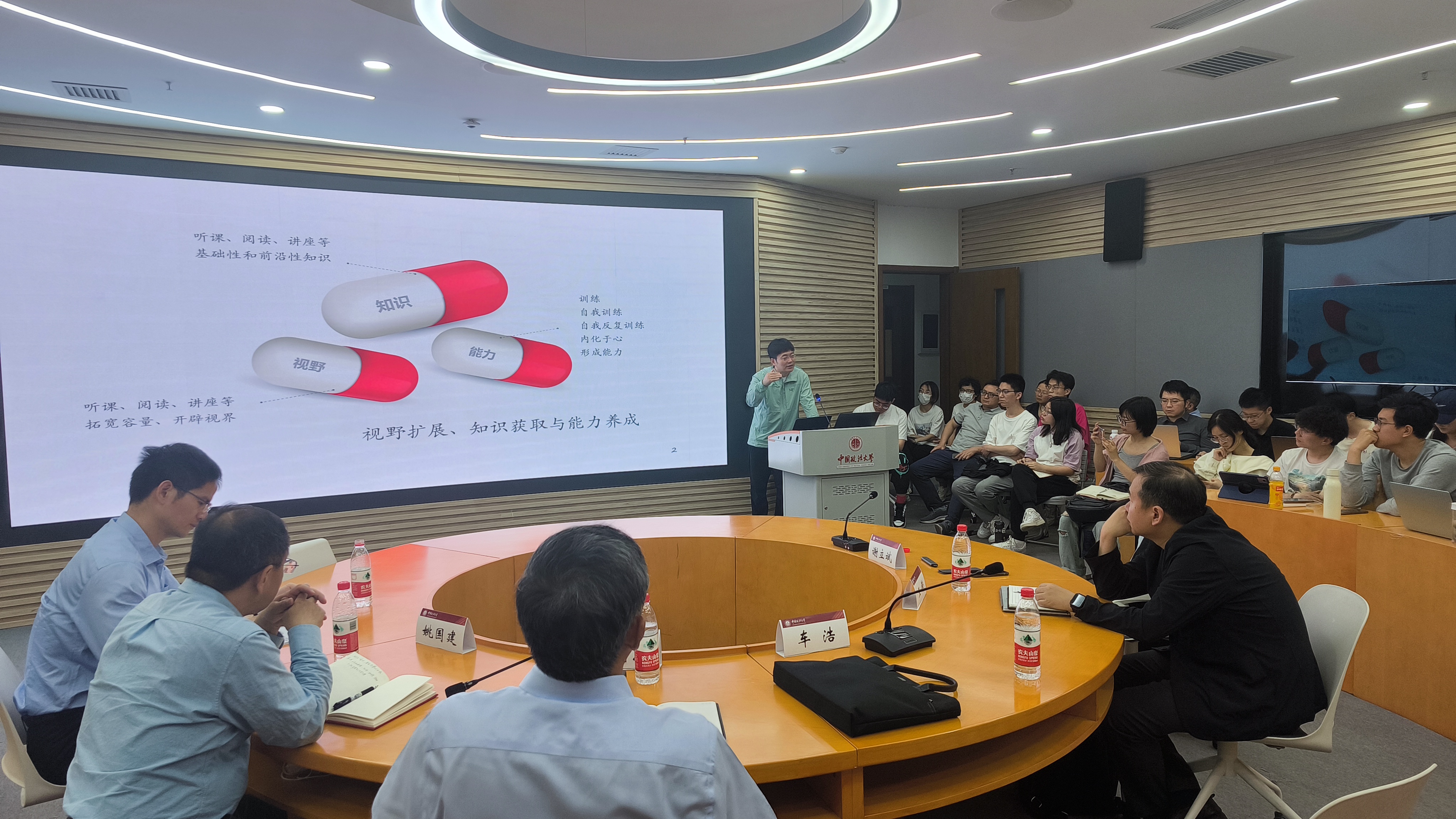Professor Dieter Grimm, a renowned German jurist, former judge of the German Federal Constitutional Court and professor at the Humboldt University, delivered a lecture on the Principle of Proportionality to the students on Haidian Campus on the afternoon of 22 April. This event marked the second session of CUPL’s Anniversary Lecture Series.
The lecture was hosted and fully interpreted by Professor Xie Libin, Associate Dean of the College & Dean of the Institute of Sino-German Law. Deputy Dean (German side) of the Institute Bladuin Benesch delivered the opening remarks. Professor Yang Dengjie from the Beihang University School of Law and Dr. Song Beibei from CUPL’s School of Political Science and Public Administration served as a commentator for the lecture. Former German Deputy Dean of the Institute of Sino-German Law Dr. Marco Haase also attended the lecture.

Prof. Grimm’s lecture focused on three major aspects of the proportionality principle, including its historical development, scope of application, and response to criticism. He explained that the principle originated in 19th-century German administrative law and was later elevated to a constitutional principle with the addition of the proportionality-in-stricto-sensu (balancing) test. According to Grimm, the principle is mainly applied in fundamental rights cases. Among its four steps of review—legitimacy of purpose, suitability, necessity, and balancing—the latter two present the greatest challenges in practice. Addressing criticisms of the principle, Grimm argued that effective judgment in fundamental rights cases can only be achieved through cost-benefit-based balancing.
During the discussion session, participants offered diverse and thought-provoking perspectives. Yang raised the issue of legislative discretion during narrow proportionality reviews; Grimm responded with examples from the COVID-19 era, stressing the need for continuous legislative monitoring and adjustment. Song suggested incorporating quantitative analytical tools into proportionality assessments; Grimm acknowledged the difficulty and referenced the expansion of anti-terrorism powers as a cautionary case. Benesch discussed the shifting landscape of fundamental rights protection across different periods; Grimm illustrated his views with the example of freedom of opinion, expressing hope for renewed interpretation by constitutional courts. Haase concluded the session by affirming that the principle of proportionality has become an indispensable pillar of modern rule-of-law systems owing to its adaptability and resilience.
The lecture offered the audiences an intellectually stimulating experience, generating vibrant exchanges and presenting profound insights that broaden the academic community’s understanding of the principle of proportionality.












